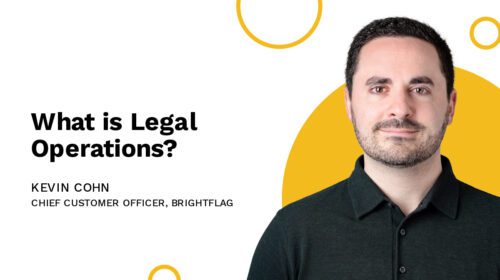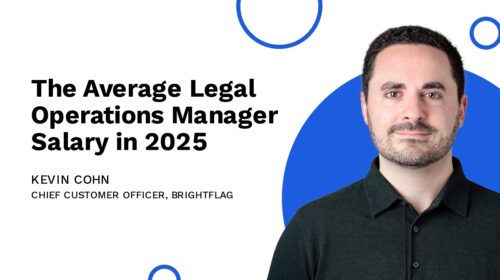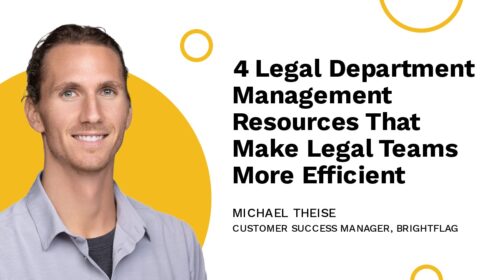Legal Operations Jobs for Your Team
Build Your Legal Operations Team: Essential Roles & Functions
Legal operations professionals have an increasingly important role in modern organizations. Legal operations jobs involve a variety of tasks centered around managing the day-to-day, in-house legal operations and ensuring that the legal team runs efficiently. Having a strong legal operations team is essential if you want your organization to succeed in the long run.
When building out a legal operations team, it’s important to consider which roles need to be filled and what functions they will perform. In this blog post, we’ll look at some of the key roles and responsibilities in a legal operations team, helping you build your own most effectively.
Key Roles in a Legal Operations Team
A successful legal operations team will usually be made up of several key roles. These may include;
Legal Operations Analyst
A Legal Operations Analyst is responsible for analyzing data and making recommendations to improve the legal team’s performance. They gather and analyze data related to legal spend, matter management, and other legal operations metrics. They use this information to identify opportunities to increase efficiency, reduce costs, and improve processes.
When hiring a Legal Operations Analyst, look for candidates with a data analysis or business operations background. They should have experience working with legal technology, such as e-billing and matter management systems. A bachelor’s degree in a related field is usually required, and experience in the legal industry is a plus.
Director of Legal Operations
A Director of Legal Operations is responsible for managing the legal operations team and overseeing the day-to-day operations of the legal department. They work closely with senior attorneys and management to develop and implement legal operations strategies, manage legal spend, and ensure compliance with regulations.
When hiring a Director of Legal Operations, look for candidates with experience managing teams and developing legal operations strategies. They should have strong communication skills and experience working with senior management. A law degree and experience working in the legal industry are usually required.
Legal Operations Specialist
A Legal Operations Specialist manages specific legal operations functions, such as matter management, e-billing, or contract management. They ensure that these functions run smoothly and efficiently and recommend improvements.
When hiring a Legal Operations Specialist, look for candidates with experience in the specific area of legal operations you need help with. For example, if you need help managing contracts, look for candidates with experience in contract management. A bachelor’s degree in a related field and experience in the legal industry are usually required.
Legal Operations Associate
A Legal Operations Associate provides administrative support to the legal operations team. They perform tasks such as data entry, document management, and scheduling. They may also assist with legal research and drafting legal documents.
When hiring a Legal Operations Associate, look for candidates with excellent organizational skills and attention to detail. They should have experience with administrative tasks and be comfortable working with legal technology such as document management systems. A bachelor’s degree in a related field is usually required.
Conclusion
There are many different legal operations jobs, each with its own set of responsibilities and required skills. When building your legal team, consider the scope of your operations and the specific needs of your legal department.
Look for candidates with relevant experience, strong communication skills, and a commitment to improving legal operations. Also, consider using Brightflag’s Legal Operations Compensation Survey to guide your salary offerings while hiring for legal operations jobs. This will help ensure you make a competitive offer for a role that will be integral to keeping your legal team running smoothly and efficiently.


